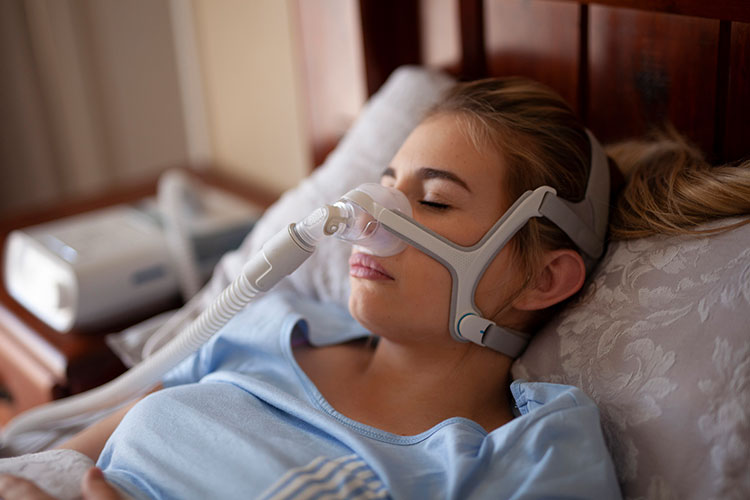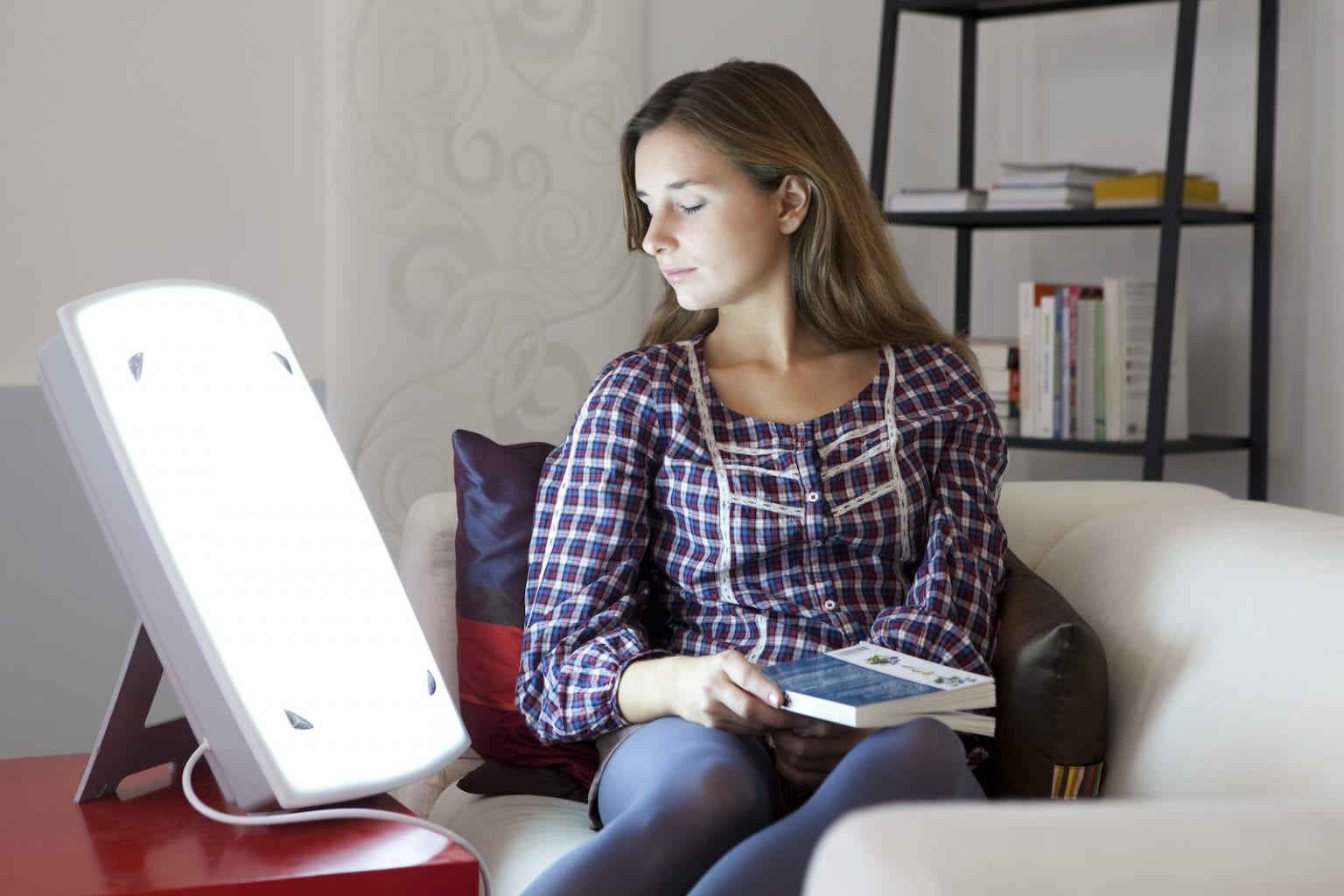Effective Treatment Solutions for Handling Sleep Disorders and Enhancing Peaceful Rest
In the realm of health care, the management of rest disorders and the mission for peaceful sleep are pivotal elements of overall wellness. Effective therapy options provide a multifaceted strategy to tackle these challenges, ranging from cognitive behavior treatments to holistic techniques that advertise relaxation and mindfulness. The expedition of numerous approaches, including the combination of medication and light therapy, opens a realm of opportunities in the pursuit of far better rest high quality. As we navigate the complex landscape of sleep conditions and seek to improve our rest experience, a much deeper understanding of these therapy remedies might hold the trick to unlocking an extra refreshing and satisfying corrective journey.
Cognitive Behavior Modification for Sleep Problems (CBT-I)
Cognitive Behavior Therapy for Insomnia (CBT-I) is a structured, evidence-based treatment approach that concentrates on addressing the underlying elements adding to sleep disturbances. This type of therapy intends to change habits and thoughts that intensify sleep problems, ultimately promoting healthy rest patterns. CBT-I commonly involves a number of crucial elements, including cognitive therapy, rest restriction, stimulation control, and sleep health education and learning.
Cognitive therapy helps people identify and transform negative thought patterns and ideas about rest that may be preventing their ability to fall or stay asleep. Sleep constraint entails limiting the amount of time invested in bed to match the person's actual sleep period, therefore increasing sleep efficiency (cognitive behavioral therapy for insomnia (CBT-I)). Stimulation control methods aid establish a solid organization between the bed and rest by motivating individuals to head to bed just when sleepy and to stay clear of participating in promoting activities in bed
Furthermore, rest hygiene education concentrates on developing healthy rest behaviors, such as preserving a regular rest routine, developing a relaxing going to bed regimen, and maximizing the sleep setting. By resolving these factors comprehensively, CBT-I provides a reliable non-pharmacological intervention for handling insomnia and enhancing total rest quality.
Sleep Health Practices
Having established the foundation of cognitive restructuring and behavioral adjustments in attending to sleeplessness via Cognitive Behavioral Therapy for Sleep Problems (CBT-I), the emphasis now shifts towards discovering crucial Sleep Health Practices for keeping ideal sleep high quality and general well-being.
Sleep health practices include a variety of behaviors and environmental variables that can substantially influence one's capability to go to sleep and remain asleep throughout the night. Constant sleep and wake times, creating a relaxing bedtime routine, and optimizing the rest setting by maintaining it dark, silent, and cool are vital parts of great rest hygiene. Restricting exposure to displays before bedtime, preventing energizers like high levels of caffeine near going to bed, and taking part in normal exercise throughout the day can additionally promote far better rest quality.
Moreover, practicing relaxation techniques such as deep breathing exercises or reflection prior to bed can assist soothe the mind and prepare the body for rest. By incorporating these sleep health techniques into one's daily regimen, people can develop a healthy rest pattern that sustains peaceful sleep and overall health.
Relaxation Techniques and Mindfulness
Executing leisure strategies and mindfulness methods can play an essential role in promoting a sense of calmness and advertising high quality sleep. insomnia specialist. These methods intend to quiet the mind, minimize stress, and create an optimum setting for relaxing rest. One widely exercised method is deep breathing workouts, where individuals concentrate on sluggish, deep breaths to kick back the mind and body. Modern muscle mass leisure involves tensing and afterwards releasing each muscle team, promoting physical relaxation. Additionally, directed imagery dyssomnias and parasomnias can aid carry people to a serene area in their minds, aiding in stress reduction and enhancing sleep high quality.
Mindfulness techniques, such as reflection and yoga, are additionally efficient in promoting leisure and boosting rest. Mindfulness urges people to stay present in the moment, releasing concerns concerning the past or future. By integrating these practices into a bedtime routine, people can signal to their bodies that it is time to take a break and prepare for sleep. Generally, incorporating leisure techniques and mindfulness practices can significantly add to managing rest problems and boosting total rest high quality.

Medication Options for Rest Disorders
After exploring relaxation strategies and mindfulness methods as non-pharmacological interventions for boosting rest top quality, it is necessary to consider medicine choices for people with rest disorders. In situations where lifestyle adjustments and treatment do insomnia and hypersomnia not provide enough relief, medicine can be a useful device in managing sleep disturbances.
Generally prescribed medications for rest disorders consist of benzodiazepines, non-benzodiazepine hypnotics, antidepressants, and melatonin receptor agonists. Benzodiazepines, such as diazepam, are sedatives that can aid cause sleep, however they are normally advised for short-term use due to the risk of dependence. Non-benzodiazepine hypnotics like zolpidem are additionally made use of to deal with insomnia and have a lower risk of reliance contrasted to benzodiazepines. Antidepressants, such as trazodone, can be valuable for individuals with co-occurring anxiety and sleep disturbances. Melatonin receptor agonists, like ramelteon, target the body's all-natural sleep-wake cycle and can be practical for regulating rest patterns.
It is critical for people to talk to a health care supplier to figure out one of the most appropriate medication option based on their specific rest problem and case history.
Light Treatment for Body Clock Regulation
Light treatment, additionally referred to as phototherapy, is a non-invasive therapy technique made use of to regulate circadian rhythms and boost sleep-wake cycles. This therapy entails exposure to bright light that resembles natural sunlight, which aids to reset the body's biological rhythm. By revealing individuals to details wavelengths of light, typically in the early morning or night relying on the desired effect, light treatment can efficiently readjust the circadian rhythm to advertise wakefulness during the day and improve restful sleep during the night.
Research study has shown that light therapy can be especially beneficial for individuals with body clock problems, such as postponed rest stage syndrome or jet lag. It can also be practical for those experiencing seasonal depression (SAD), a type of anxiety that commonly occurs throughout the cold weather when natural light exposure is decreased. Light treatment dyssomnias and parasomnias is usually well-tolerated and can be made use of combined with various other treatment approaches for rest disorders to maximize end results and boost total rest high quality.
Final Thought
In conclusion, effective therapy remedies for managing sleep conditions and boosting relaxing rest include Cognitive Behavior modification for Sleeping Disorders (CBT-I), sleep health methods, leisure methods and mindfulness, drug options, and light treatment for body clock guideline. These methods can assist individuals boost their rest high quality and overall well-being. It is essential to seek advice from a healthcare provider to identify the most ideal method for attending to rest issues.
As we browse the complex landscape of rest disorders and look for to boost our rest experience, a deeper understanding of these treatment services might hold the secret to unlocking an extra refreshing and fulfilling corrective trip.
Sleep restriction involves limiting the amount of time spent in bed to match the person's real sleep period, thus enhancing rest effectiveness. Consistent rest and wake times, developing a relaxing bedtime routine, and maximizing the rest environment by keeping it dark, quiet, and cool are essential elements of great sleep health. Light treatment is generally well-tolerated and can be made use of in combination with various other treatment techniques for sleep conditions to maximize outcomes and enhance total sleep top quality.
